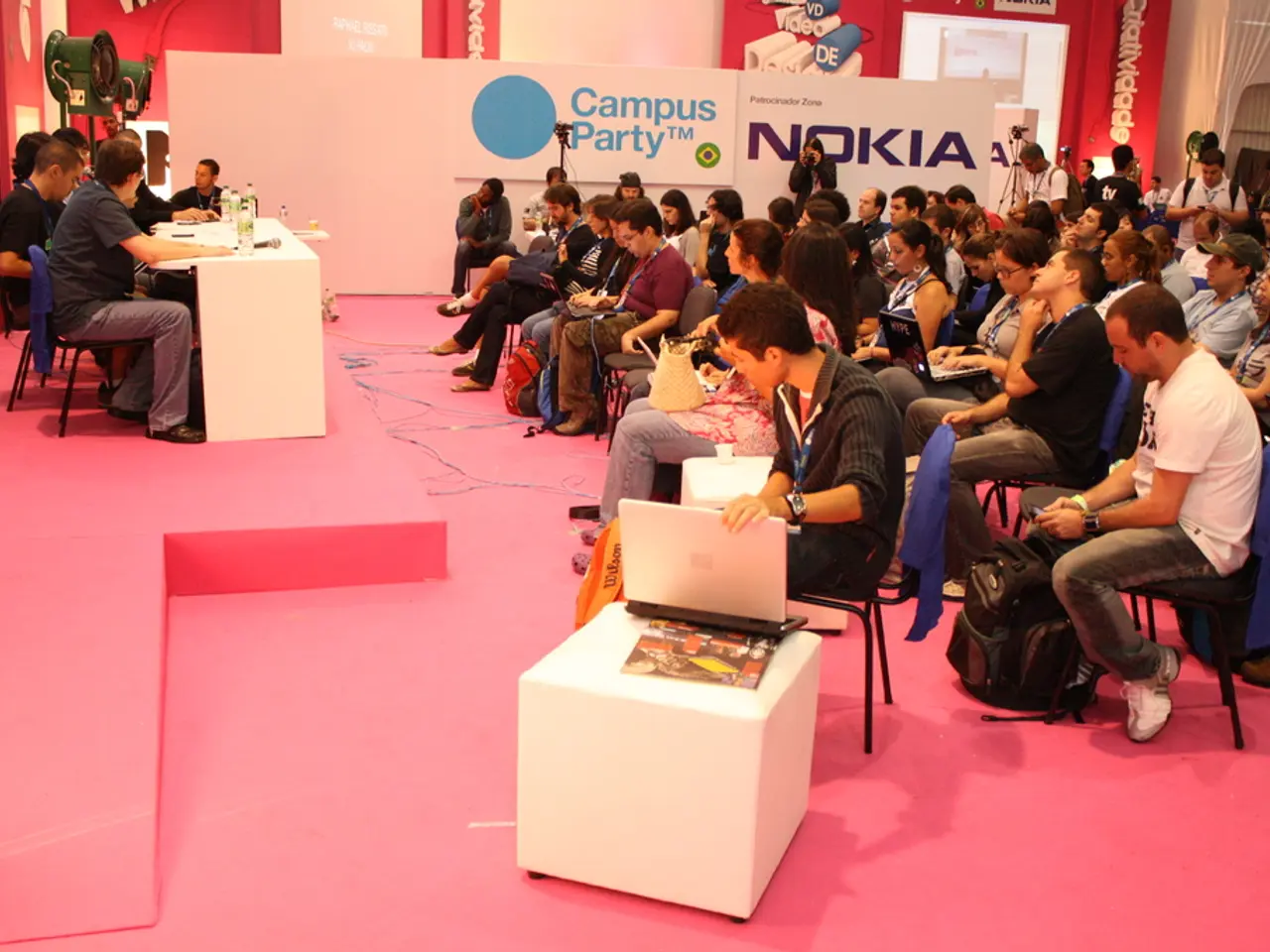A significant portion of the population perceives themselves as under-represented in the mass media
In a recent study by the Info-Monitor of the Media Authorities, key differences in information consumption patterns across age groups, trust in established media, and political preferences have been uncovered in Germany.
Younger generations tend to consume information more digitally and diversely, with a preference for on-demand, mobile-accessible content, and platforms such as social media. In contrast, older age groups still lean towards traditional media like television, newspapers, and radio.
Trust in traditional media outlets varies significantly with age and political leanings. Older individuals and those with centrist or left-leaning political preferences generally report higher trust, while younger people and right-leaning or populist-oriented groups often show more skepticism.
Political preferences also impact information consumption. Mainstream or centrist party supporters typically consume balanced or traditional media, while supporters of populist or fringe parties often turn to alternative media sources or social networks.
For the first time, cross-media information behavior was surveyed in the Info-Monitor. Convinced individuals of established media prefer public broadcasters and daily newspapers, while skeptics and rejecters use search engines, social media, and alternative media more frequently.
A clear correlation exists between trust in media and satisfaction with democracy in Germany. Approximately 22% of Germans are convinced by established media, and 45% critically view it.
The Info-Monitor is a representative survey of the German-speaking population aged 14 and above who use the internet. Over 3,500 people were surveyed online in two samples from July to August 2024 and from October to November 2024.
YouTube is the most popular information channel compared to WhatsApp, Instagram, and Facebook. For opinion formation, scientists are considered most important, followed by journalistically led editorial teams, freelance journalists, and family and friends.
The change in information usage behavior is mainly due to increased use of the internet and digital media. Skeptics and rejecters of established media trust mainly video platforms, alternative media, and search engines, while skeptics trust public broadcasters, information from daily newspapers, and private radio stations.
For all offers and channels outside of public broadcasting and daily newspapers, "non-targeted" information usage prevails, particularly on social media, which is an important information source for those under 30. AfD sympathizers use search engines and social media specifically.
Social media plays an important role as an information source for those under 30, but is less trusted compared to established media. Compared to established media, the trustworthiness of social media is significantly lower, with more than half finding it sensationalizing, emotional, and interest-driven.
The way people consume information varies depending on age, trust in established media, region, and political preferences. Those skeptical or rejecting media often express system-critical views in Germany.
The Info-Monitor has replaced and further developed the media weighting study, which has been conducted since 2009. The changes in information usage behavior are a reflection of the evolving media landscape in Germany and the growing importance of digital media in shaping public opinion.
- Politics plays a significant role in shaping an individual's preference for disinformation, as supporters of populist or fringe parties often turn to alternative media sources or social networks, deviating from traditional media outlets.
- Younger generations, who rely more on social media for information consumption, tend to find social media less trustworthy than established media, with over half regarding it as sensationalizing, emotional, and interest-driven.




